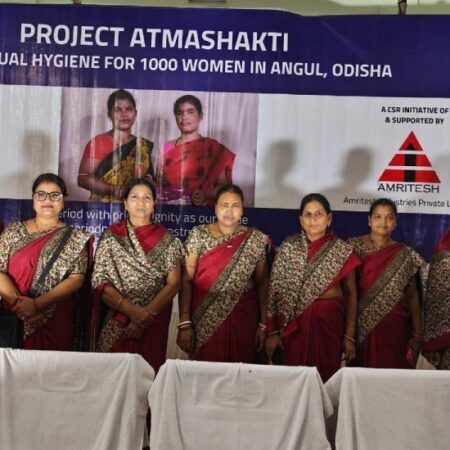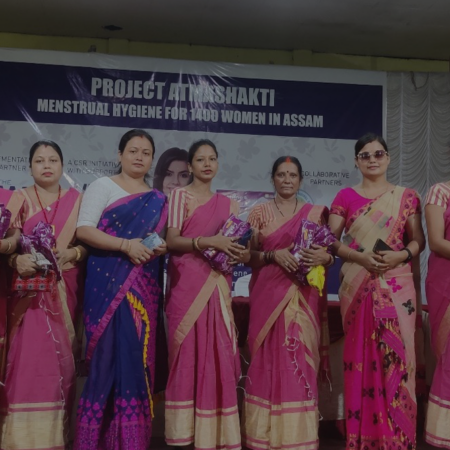Across Kolkata, Angul, and Margherita, The We Foundation’s menstrual health initiatives have created a powerful impact, bridging the gap between awareness and action.
- In Kolkata, over 5,000 women were reached through education and resource distribution, while 80 advocates inspired their communities to adopt healthier menstrual practices.
- In Angul, 880 women received sanitary kits and the knowledge to break cultural barriers around menstruation.
- In Margherita, 1,400 women were empowered with safe menstrual products and practical guidance, transforming their approach to hygiene.
These programs are built on TWF’s pillars of research, health, partnerships, and employment. By focusing on community-driven solutions, the initiatives have tackled health risks, reduced stigma, and created long-term pathways for empowerment.
As TWF aims to provide menstrual hygiene solutions to over 10 lakh women by 2030, these localized efforts serve as a model for sustainable change. Together, we are building a future where every woman in India can manage menstruation safely, with dignity, and without compromising her potential.


